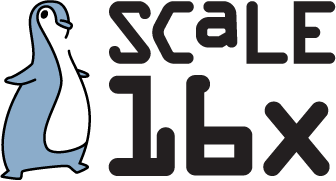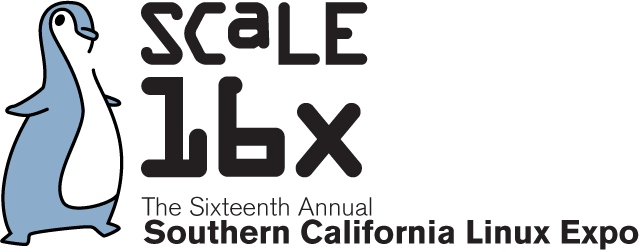Presentations

The Ansible Service Broker provides a new way to define and distribute containerized applications in Kubernetes and OpenShift. By combining standard Ansible playbooks, metadata for your application, and an Ansible runtime all into a single container, you now have a simple tool that can deploy your multi-service application. The Ansible Service Broker makes that tool discoverable, enabling end users to self-provision via a Service Catalog.
You will learn how to create an Ansible Playbook Bundle and expose it through the Service Catalog.

Need to store schema-less data or do you need a data store but do not know structured query language (SQL)? The MySQL Document Store allows developers with NoSQL skills to use the popular database as a NoSQL database. The new X DevAPI greatly broadens the usefulness of the MySQL database for those who do not want to write SQL queries. Languages supported include JavaScript, C++, Java, Node.JS, PHP, Python, and more. This presentation has lots of programming examples and a demo of the new MySQL Shell.

Add some serious developer cred to your approach to NetDevOps and network development by exploring how the OpenSource tool Vagrant can be used to quickly “up” networking platforms on your laptop for fast development, code testing, API exploration and more! In this session we’ll cover the basics of using Vagrant, focusing on the networking elements of managing interfaces, protocols, and automating the initial provisioning with another OpenSource tool, Ansible. Leave with everything you need to get started today!

The IETF standard RFC2307 has long been a best-practice for storing security policies of unix machines across networks. It has a common data format so that the policy can be applied across every node in the network. The problem is keeping the policy current.
There needs to be a mediator to keep events in sync. Access must be granted when new machines pop up without delay, and most importantly, removed, when no longer needed. At the same time policies must be maintained about who can access a machine when, and for what, or, who can grant that access, and under what conditions.
Open Tech is a new Federal Initiative that offers Training, Internships and local hiring incentives in California, Baltimore, Detroit and St. Louis.

Serious attention is being paid to Serverless and Functions as a Service (FaaS), enough so to warrant some introspection from a security practitioner's perspective. This talk examines the shift from traditional security to cloud and serverless security models. Get prepared to see how security professionals can prepare for a business culture that encourages breaking down silos and democratizing security across the organization.

I have been on both sides – in a minority group as a woman of color and outside a minority group as a leader in open source. And many of us want to be allies and support people we know in communities such as womenintech, LGBTQ or disabled. But often struggle with how to do that. We are afraid of being seen as over-reaching, not knowing the right terminology to use or being seen as misguided. I was in the same position this past year with supporting friends in 2 communities I care about – LGBTQ and disabled. And I would like to share the important lessons I learnt.

Livestream like the pros with OSS software. OBS Studio is a GPL application that puts you in the director's chair for live streaming or recording. It is built as an application to help video game or creative streamers share their computer screens with a live audience, but it's power goes beyond that.

Thinking of starting an Open Data initiative? Many programs consist of little more than making data available and sponsoring a hackathon or two. But such programs are often doomed to limited engagement and minimal success, while strong initiatives require a more proactive, targeted approach. The speaker encountered these issues as project manager for the NSF-funded National Transportation Data Challenge. This talk will review the lessons of the Challenge and compare with other programs to offer insight into what works, what doesn’t, and what you can reasonably expect to achieve.

